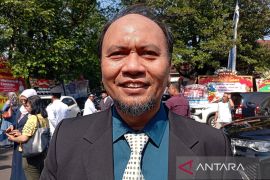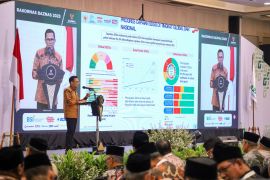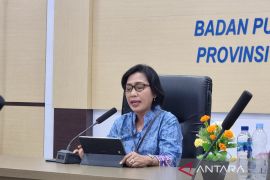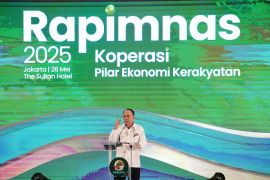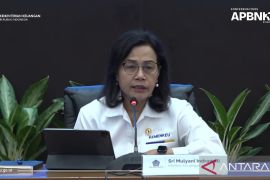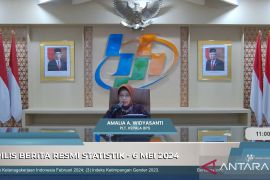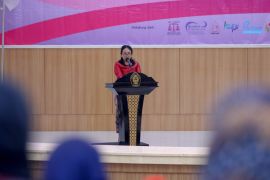VP Kalla told the Post-2015 Development Agenda meeting at the UN headquarters in New York on Sunday that the MDGs still left some underachieved targets even 15 years after similar goals were set by the UN in 2000.
"The inequality and poverty still remain global problems, while some new challenges have arisen, such as energy inequality, infrastructure, over consumerism, insufficient production, and climate change," he noted.
Indonesia alone, Kalla said, had formulated a national development plan that was synchronized with the MDGs in order to reduce poverty by half.
Kalla remarked that Indonesia had also been working to reduce the number of malnourished toddlers and increase the number of children receiving basic education, both goals that are expected to be achieved this year.
In order to achieve the targets, Kalla said Indonesia had switched from subsidizing fuel to funding social development, among others through welfare program "Indonesia Health Card" and "Indonesia Smart Card" (education funds).
Looking back at the MDGs, Kalla noted that the 2030 Development Agenda needed a strong and inclusive global partnership, particularly to assist the developing and under-developed countries in achieving their development targets.
"The 2030 agenda needs funding, knowledge, transfer of technology, and wide-open market access for the developing countries," he said.
"Hence, all countries need to implement their commitments, including developed countries which have committed to provide the Official Development Assistance (ODA) to the developing countries as per the agreement."
VP Kalla and 125 other leaders attended a three-day meeting of the Post-2015 Agenda in the UNGA, which came out with a resolution on the 2030 Sustainable Development Agenda to replace the MDGs that will expire by the end of 2015.(*)
Editor: Heru Purwanto
Copyright © ANTARA 2015
